The sudden downfall of Bashar al-Assad's regime in Syria after nearly 14 years of brutal civil war has triggered a seismic shift in the Middle East and beyond. This unexpected turn of events leaves Russia and Iran, Assad's longtime allies, grappling with the consequences and scrambling to protect their interests. The implications for these nations, as well as the wider global community, are substantial.
Experts contend that Russia's presence in Syria extended beyond merely propping up Assad. Establishing a strong foothold in the Middle East has been a central objective for Moscow, with the Khmeimim Air Base and Tartus naval facility serving as crucial instruments for projecting power. Assad's removal puts these strategic assets at risk.
Rebekah Koffler, a strategic military intelligence analyst and author of "Putin’s Playbook," underscores the importance of this development: "Syria represents a critical battleground in the ongoing proxy conflict between Russia and the U.S. The loss of Assad is a significant strategic blow to Russia, jeopardizing their military bases in the Middle East and further straining their resources amidst the ongoing war in Ukraine."
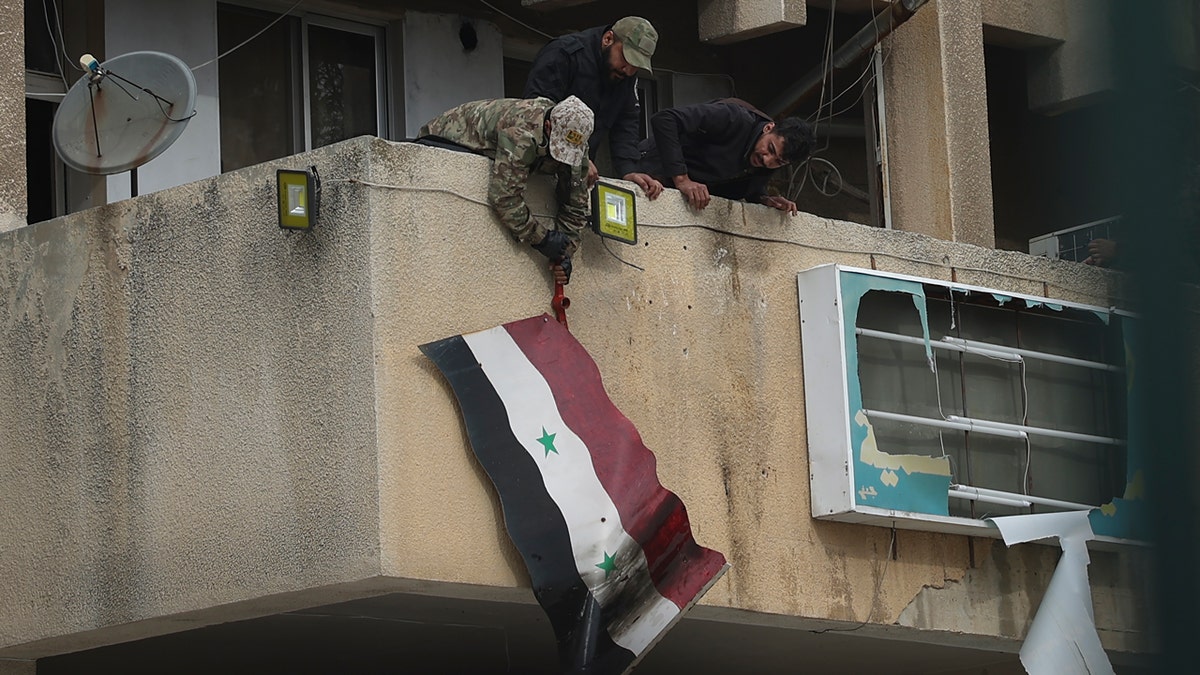
Opposition fighters remove a flag from an official building in Salamiyah, east of Hama, Syria, on Saturday Dec. 7, 2024. (AP Photo/Ghaith Alsayed)
Ksenia Svetlova, a senior non-resident fellow at the Atlantic Council, characterizes the situation as a major setback for Russia's image: "Russia's inability to maintain Assad's regime exposes its limitations. Their intervention in Syria, initially presented with grand pronouncements, has yielded minimal results beyond ensuring Assad's survival through collaboration with Iran and Hezbollah. With Russia's attention now firmly fixed on Ukraine, Syria has become a secondary concern, leading to the abandonment of Assad and portraying Russia as an unreliable ally."
Svetlova further explains the message this sends to Moscow’s partners: "Russia's influence in the Middle East has diminished in comparison to the United States. The Syrians are astonished by Moscow's desertion of Assad, while the U.S. has solidified its standing by unwavering support for Israel."
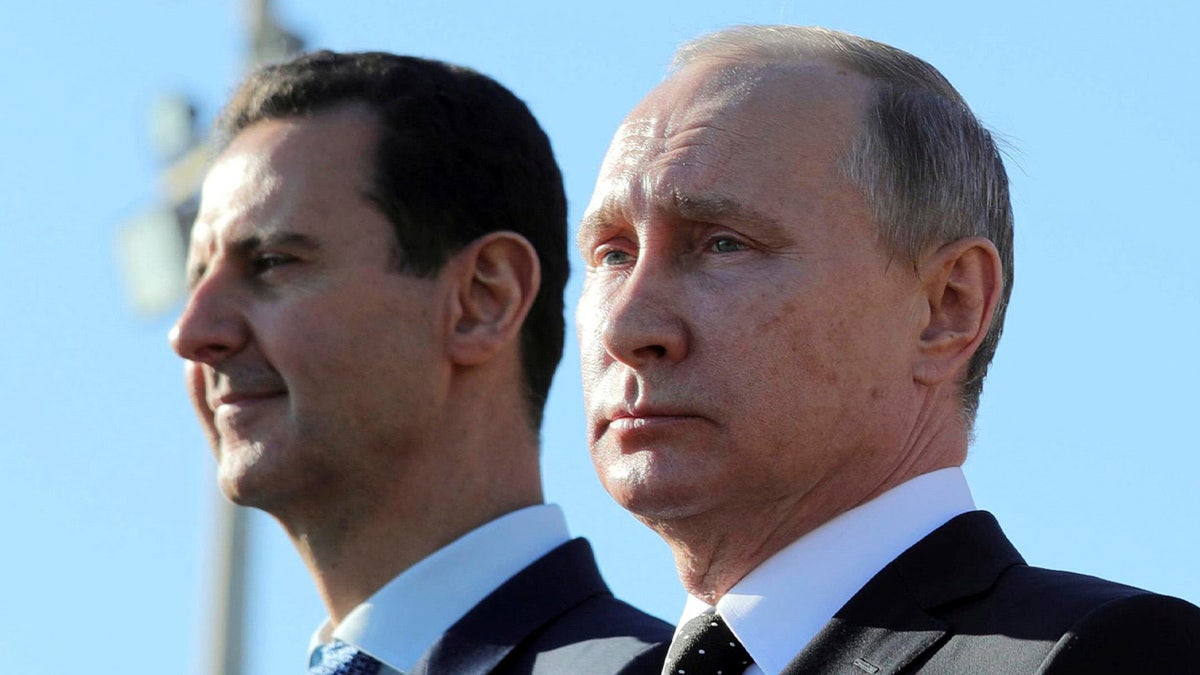
Russian President Vladimir Putin and Syrian President Bashar al-Assad visit an air base in Syria, on Dec. 11, 2017. (Sputnik/Mikhail Klimentyev via Reuters/File Photo)
As Koffler highlights, Assad's removal significantly alters the dynamics of the U.S.-Russia proxy war. "Prior to Assad's fall, President Trump's attempts to de-escalate tensions with Putin were met with resistance. Now, with the loss of a key ally, Putin's position is weakened. This provides Trump with potential leverage to negotiate an end to the conflict in Ukraine from a position of strength, capitalizing on Putin's setbacks in Syria."
IRAN
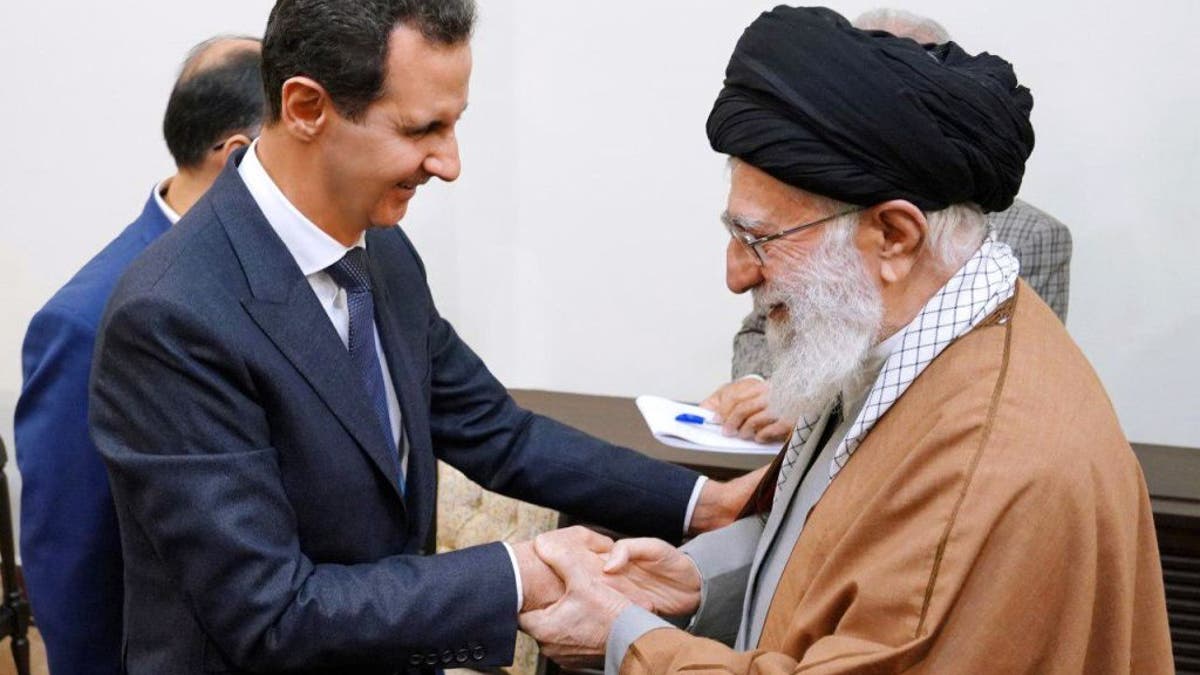
Iran's Ayatollah Ali Khamenei meets Syrian leader Bashar al-Assad in Tehran, on Feb. 25, 2019. (Iranian Leader Press Office/Handout/Anadolu Agency/Getty Images)
Assad’s downfall represents a major setback for Iran's regional ambitions. Syria served as a critical component of Tehran’s "Axis of Resistance," facilitating connections with Hezbollah in Lebanon and enabling weapons smuggling through a network spanning from Iran through Iraq, Syria, and into Lebanon.
Svetlova describes the situation as a "historic moment," noting that the "Iranian ‘Ring of Fire,’ painstakingly constructed by Qassem Soleimani, has been fractured. The collapse of his strategic architecture would have been a devastating blow had he still been alive."
The weakening of Hezbollah during its conflict with Israel further exposed Assad's vulnerability, depriving his regime of essential ground support. Hezbollah, once a vital ally for Assad’s forces, was unable to offer sufficient assistance after suffering significant losses against Israel. Simultaneously, Iran refrained from deploying reinforcements to bolster Assad’s regime.

Rebel fighters stand near the Iranian embassy in Damascus, Syria, Dec. 8, 2024. (Reuters/Firas Makdesi)
Anonymous sources within Iran reveal a stark contrast between the regime's reaction and that of the Iranian populace. While the regime has remained largely passive, potentially due to internal weaknesses or strategic calculations, many Iranian citizens are celebrating Assad's ousting, viewing it as a potential catalyst for change within Iran itself.
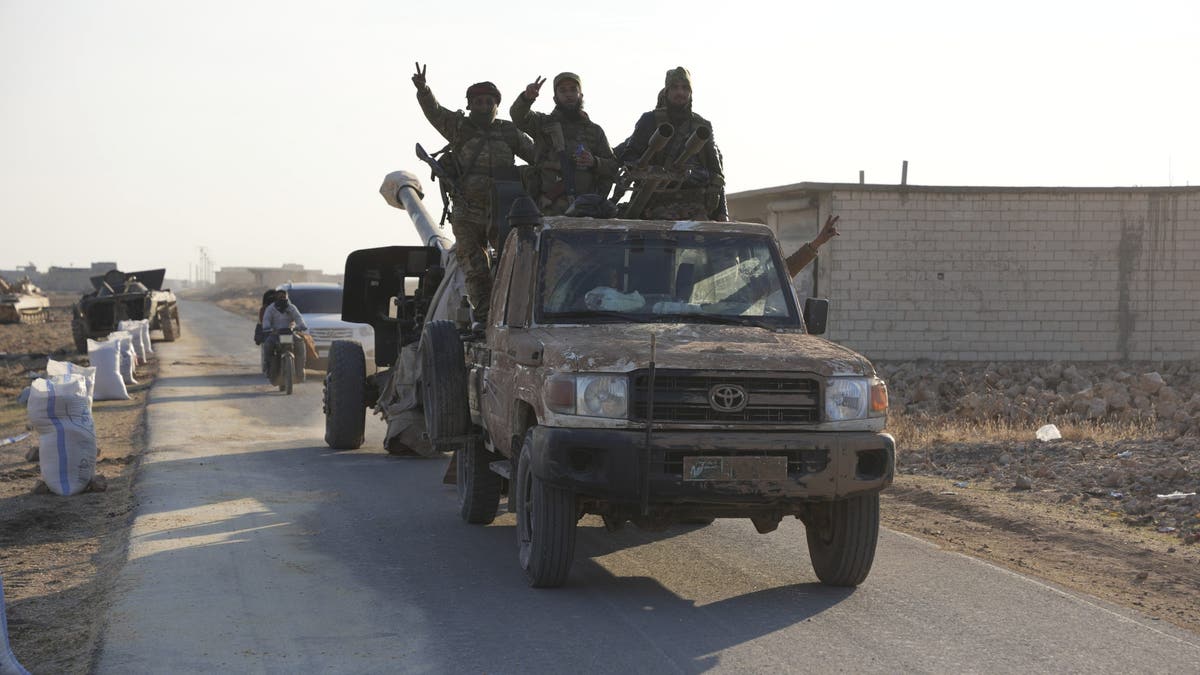
Rebels in northwest Syria seized military vehicles belonging to the regime along the route toward Kweris Airport in the eastern countryside of Aleppo on Dec. 2, 2024. (Rami Alsayed/NurPhoto via APRami Alsayed/NurPhoto via AP)
While Assad’s removal creates potential for a new order in the Middle East, it also presents considerable dangers. The unexpected offensive against Assad’s forces, spearheaded by the Hayat Tahrir al-Sham (HTS) under Abu Mohammed al-Golani, highlights the intricate nature of the situation. HTS, while claiming to have severed ties with al-Qaeda, remains classified as a terrorist organization.
Koffler cautions, "The question remains: who will fill the power vacuum? The rebel forces are not benevolent actors. History has shown that removing a dictator can often lead to even more detrimental outcomes, as witnessed in Iraq and Libya."
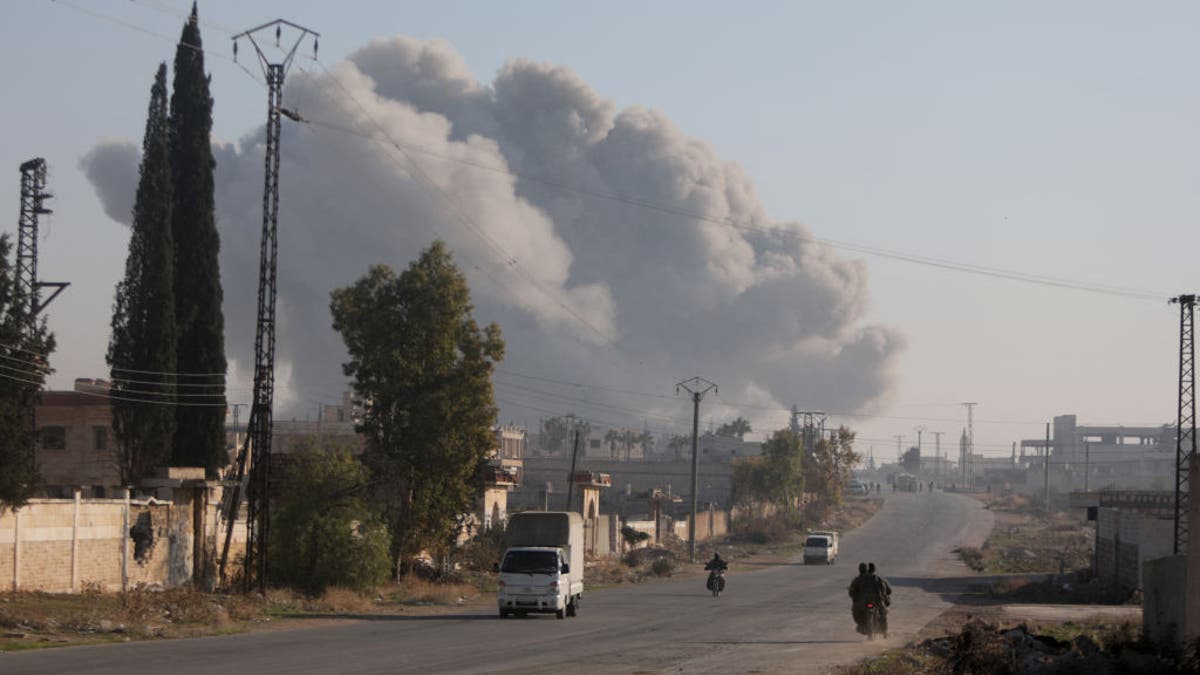
Fighters enter the Rashidin district on the outskirts of Aleppo on their motorbikes during fighting on Nov. 29, 2024. (Bakr Alkasem/AFP via Getty Images)
Avner Golov, former senior director of Israel’s National Security Council, sees potential benefits for both the U.S. and Israel. "Assad’s downfall exposes the shortcomings of Russia and Iran in the region, while highlighting the U.S.'s steadfast support for its allies. This presents a crucial opportunity for Washington to consolidate its influence and forge a coalition with moderate Arab states and Israel to counter extremist groups and promote regional stability."
Golov also points to the implications for China: "China's relative absence in Middle Eastern conflicts, coupled with Russia's retreat from Syria, creates an opening for the U.S. to strengthen its position amid the weakening of the Iranian axis."
Comments(0)
Top Comments